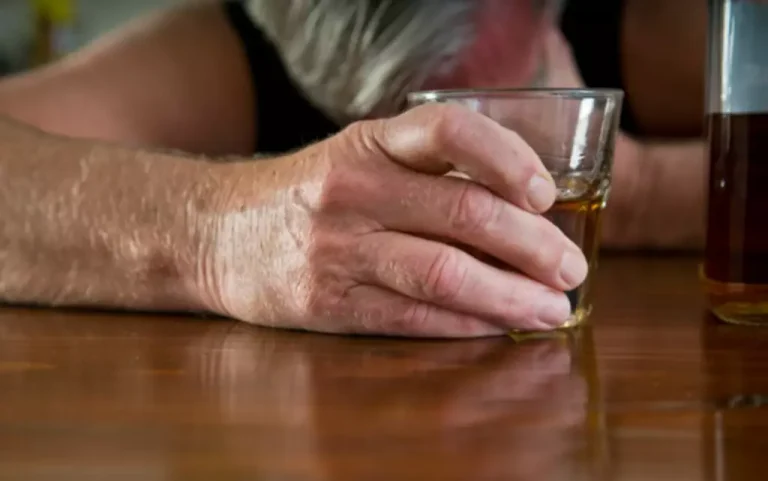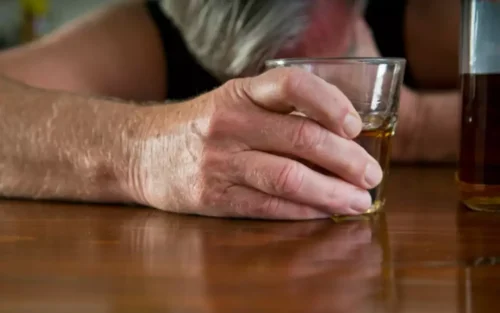
Ever since the first description Cooper, 1955, reports about the incidence what is Oxford House of post-toxic flashbacks show a wide variation. Between 5% and 50% of hallucinogen users are reported to have experienced at least one flashback Alarcon et al. 1982; McGee, 1984. A dosage of 0.75 mg/die of Clonidine has been evaluated as a treatment option for nine HPPD patients 51,59 (Table 4). The total remission has been reported in a single patient with flashbacks and anxiety treated with 0.25 mg of Clonidine three times a day for two months 59.
MDMA
The definition of this disease entity is entirely based on studies involving chronic LSD users Abraham, 1982, 1983. However, any additional psychopathological symptoms that may have occurred in this patient population were not given any consideration. Pharmacotherapy of this very distressing condition is limited and any recommendations are based almost entirely on uncontrolled studies on small patient populations or even single case observations. Thus far, SSRIs, benzodiazepines, risperidone, olanzapine and naltrexone have all been tried with sometimes contradictory outcomes (Table 2).

Pathophysiology
- Drugs are applied for one or more sessions lasting as short as 45 minutes (ketamine) or as long as eight hours (psilocybin).
- In very rare cases, people have had HPPD without ever having taken a hallucinogenic drug.
- Levetiracetam has shown to reduce some visual symptoms as well as HPPD related-depersonalization and derealization 80.
- From 2006 to 2008 the patient received fixed doses of sertraline (200 mg/day) for 13 months, citaloprame (20–30 mg/day) for 6 months and fluoxetine (20 mg/day) for 5 months.
- Although researchers don’t know why some people get HPPD and others don’t, they know HPPD happens because you’ve used hallucinogenic drugs in the past.
HPPD flashbacks are not usually pleasurable, and they can become annoying if they occur frequently or last for a long time. Yet, despite evidence and theoretical reasons supporting the importance of set and setting, these aspects of the treatment experience are far from being standardized. Empirically, clinicians still lack a model identifying what specific factors or elements of set and setting will maximize the effectiveness of psychedelic-assisted therapies. Learning relaxation techniques like deep breathing or mindfulness exercises can help those with HPPD disorder remain more in control when flashbacks occur. Taking steps to manage stress through exercise, enjoying hobbies, socializing with others, listening to music and engaging in other activities may help reduce the frequency of flare-ups. If you’re somebody with HPPD and would like to help out in an online survey study to understand the nature of HPPD experiences, please visit this page.
Who Can Benefit from Psychedelic Therapy?
- As chief Clinical Officer at FHE Health, a nationally recognized behavioral health treatment provider, he ensures quality, innovation, and comprehensive treatment for patients.
- Anderson recently reported the case of a young woman presenting prolonged and distressing multimodal pseudo-hallucinations, depressive symptoms, and anxiety, who was treated with Risperidone for three months without any significant improvement 48.
FHE Health offers inpatient and outpatient treatment options that can help you or your loved one learn to cope with HPPD disorder. Loved ones of individuals with HPPD are an important source of support. They may feel angry with the individual for using drugs and benefit from individual or family talk therapy with a mental health professional to work through their emotions.
- Reaching an HPPD diagnosis may be easier if your doctor is familiar with the condition and your past drug use.
- While the drugs may provide these benefits, they can also cause side effects, including hallucinogen persisting perception disorder or HPPD.
- At the same time, conflicting evidence exists on the antipsychotics effects in psychotic HPPD patients.
- There is some uncertainty about to what degree visual snow constitutes a true HPPD symptom.
- Both perceptual and affective disorder proved largely unresponsive to various psychopharmacological interventions.
The effectiveness of Benzodiazepines may be related to their activity on the cortical serotonergic-inhibitory inter-neurons with GABAergic outputs 2,4. Alprazolam (0.25–0.75 mg/day) has been prescribed with some success and Clonazepam (0.5–1.5 mg/day) appears to be the most reliable and effective benzodiazepine even at low doses 17,18,51,67. Clonazepam may act on serotonergic systems, improving, enhancing, and augmenting transmission 17,18,51,67, thus promoting alleviation and a marked improvement 51,67. Clonazepam has been evaluated in three case reports and one open-label trial by Lerner 19,50,51. In the clinical trial, 16 HPPD patients were treated with a Clonazepam dosage of 2 mg/day 51.

Personal tools

This is part of our ongoing commitment to ensure FHE Health is trusted as a leader in mental health and addiction care. One theory is that taking hallucinogens changes the way the brain processes visual information, causing it to see things incorrectly or superimpose colors, patterns and images over things that exist in the environment. The alterations in brain activity may be due to shifts in levels of the brain chemical gamma-aminobutyric acid or GABA. Because the condition affects only a small number of people, there’s much we don’t understand about HPPD.

General Health
Therapy hppd symptoms can help people with the disorder learn to manage stress and develop coping strategies for dealing with HPPD vision symptoms. However, the ‘success’ of pharmacotherapy for HPPD should be treated with caution as this disorder appears to have a high propensity for spontaneous remissions – up to 50% of cases within a few months Abraham, 2001. In this context, the rarely ever documented occurrence of flashbacks in controlled studies of hallucinogen action should be mentioned. Apparently a favourable protective ‘setting’ may prevent the development of anxiety and psychotic decompensation as well as the loss of self control. In our case, a spontaneous remission coinciding with lamotrigine treatment appeared unlikely after a 13-year duration of unrelenting symptoms.

